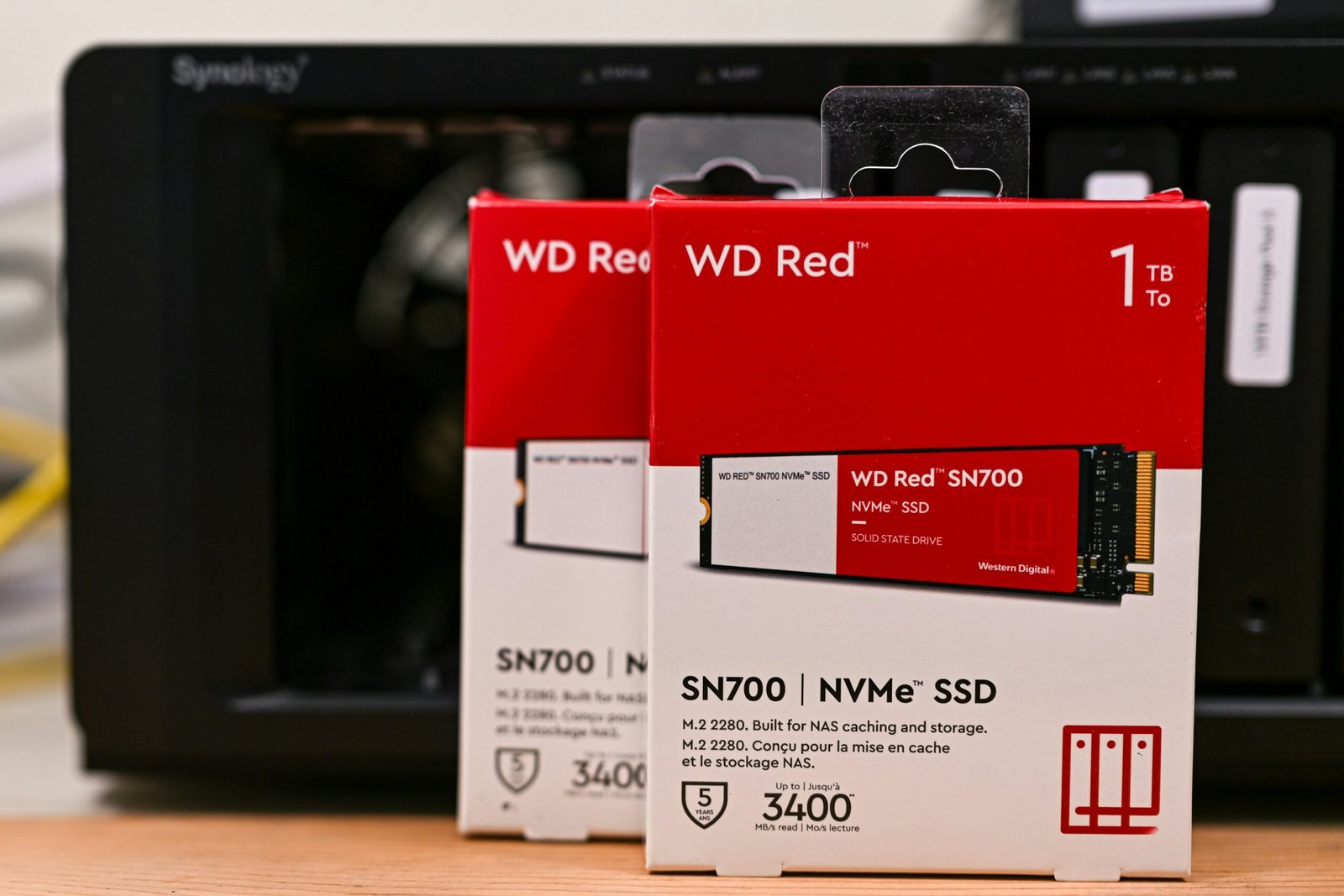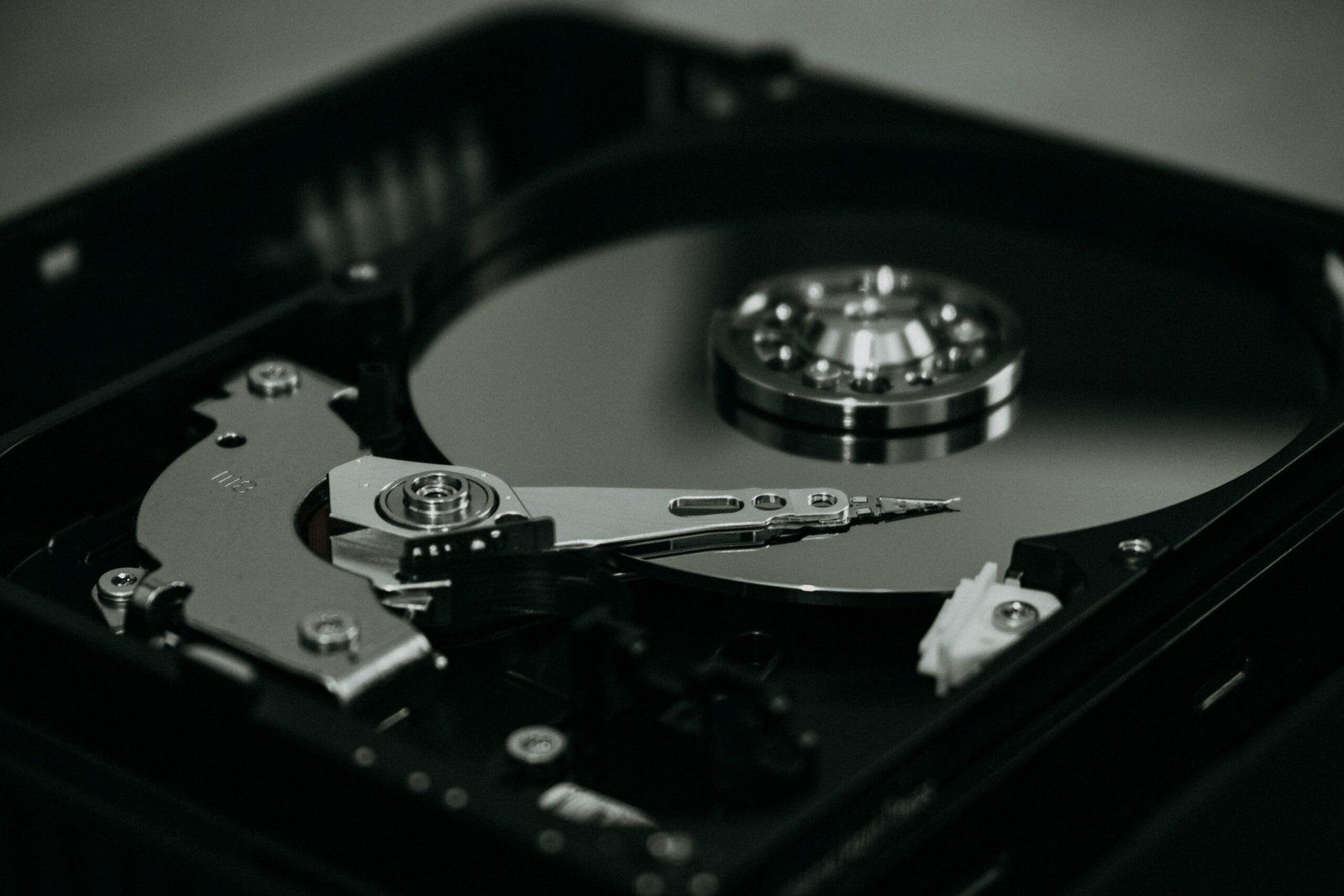What is CPU?

A Central Processing Unit (CPU) is a crucial component of a computer system. It is often referred to as the “brain” of the computer because it performs most of the processing inside the system. The CPU is responsible for executing instructions and performing calculations, making it an essential part of any computing device.
The CPU is composed of several key elements, including the control unit, arithmetic logic unit (ALU), and registers. The control unit manages the flow of data and instructions within the CPU, while the ALU performs arithmetic and logical operations. Registers are small, high-speed memory units that store data and instructions that the CPU needs to access quickly.
One of the most important characteristics of a CPU is its clock speed, measured in gigahertz (GHz). The clock speed determines how many instructions the CPU can execute per second. A higher clock speed generally results in faster processing and better overall performance.
In addition to clock speed, CPUs also have multiple cores. A core is an independent processing unit within the CPU that can execute instructions simultaneously. Dual-core, quad-core, and even octa-core CPUs are common in modern computers. Multiple cores allow for better multitasking and improved performance when running demanding applications.
CPUs are designed to handle a wide range of tasks, from simple calculations to complex computations. They are capable of executing instructions in machine code, a low-level language that computers can understand directly. However, most software is written in higher-level programming languages, which need to be translated into machine code before the CPU can execute them. This translation is done by a compiler or interpreter.
CPUs are found in a variety of devices, including desktop computers, laptops, smartphones, and tablets. They come in different models and generations, each offering different performance levels and capabilities. Some popular CPU manufacturers include Intel and AMD, who produce CPUs for both consumer and professional use.
Over the years, CPUs have undergone significant advancements in terms of performance, power efficiency, and features. Moore’s Law, named after Intel co-founder Gordon Moore, states that the number of transistors on a CPU doubles approximately every two years. This has led to the development of smaller, faster, and more powerful CPUs.
As technology continues to evolve, CPUs are expected to become even more powerful and efficient. They will play a crucial role in enabling advancements in artificial intelligence, virtual reality, and other emerging technologies.
In conclusion, a CPU is a vital component of a computer system that performs most of the processing and calculations. It consists of the control unit, ALU, and registers, and its performance is determined by factors such as clock speed and the number of cores. CPUs have evolved significantly over time and continue to drive technological advancements.




